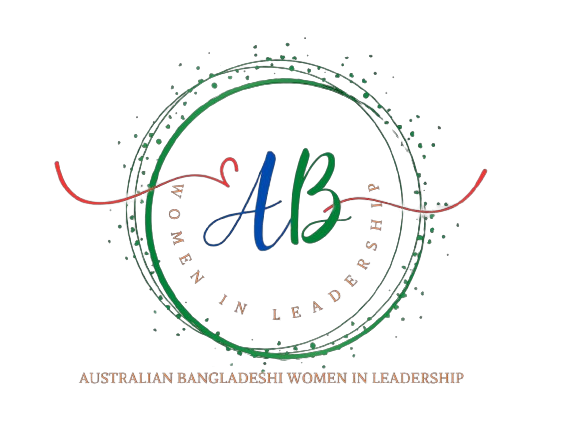
Empowering Change: ABWLI’s Vision for a Sustainable and Equitable Future
ABWLI’s vision of fostering a sustainable world with equitable communities aligns seamlessly with the United Nations Sustainable Development Goals (SDGs). By prioritising the leadership of Australian Bangladeshi women, ABWLI champions gender equality (SDG 5) and empowers women to drive change in health and well-being (SDG 3), economic growth and decent work (SDG 8), and environmental sustainability (SDGs 13 and 15). Moreover, our focus on diversity and unity promotes collaborative partnerships (SDG 17), ensuring that all voices are heard in the pursuit of transformative change. Through these efforts, ABWLI not only advances its mission but also contributes significantly to the broader SDG agenda, fostering resilient and inclusive communities.
The link below could enhance your awareness and knowledge on the topic:


https://honda-fit.ru/forums/index.php?autocom=gallery&req=si&img=7038
Dice games might seem simple, but the math behind them is fascinating. It’s kind of like how AI Resources simplifies complex tech for everyday use-both make the complicated feel accessible.